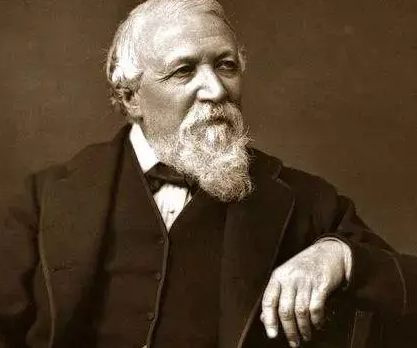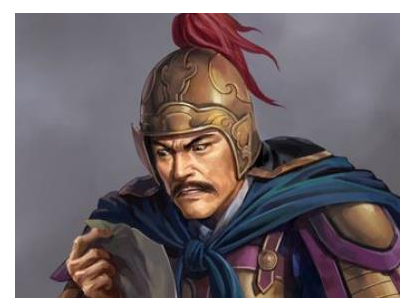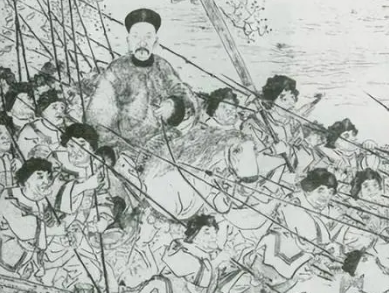In Chinese history, the struggle for the throne has always been the core of power struggle. During the late Eastern Han Dynasty, the heroes contended for power and the world was in chaos. Among them, Yuan Shu was a controversial figure. What was his influence? Why did he choose to hold the imperial edict and claim to be emperor? This article will delve into these questions.

I. Analysis of Yuan Shu's Influence
1. Noble Birth: Yuan Shu was a member of the famous Yuan family of Runan in the late Eastern Han Dynasty. His family had generations of officials and had a high reputation and status, which gave him a certain influence on the political stage.
2. Occupying Strategic Locations: During the period of warlord fiefdoms, Yuan Shu had occupied important regions such as Nanyang and Runan, and possessed certain military strength and territorial resources. This gave him a certain competitiveness in the troubled times.
3. Obvious Political Ambition: Yuan Shu always had the ambition to become emperor. He had tried to ally with forces such as Lu Bu and Sun Jian to expand his own influence, which showed that he had certain political skills and ambition.
II. Reasons for Self-Appointed Emperor
1. Grasping the Opportunity: In the late Eastern Han Dynasty, the royal family was declining and the warlords were rising. Yuan Shu believed that this was an excellent opportunity to seize the throne, so he decided to self-appoint himself as emperor.
2. Using the Imperial Edict: Yuan Shu had once obtained a seal of the country, which was regarded as a symbol of divine will. He used it to claim that he had legitimate inheritance rights to the throne, seeking legitimacy for his emperor status.
3. Enhancing Dominance: Self-appointing as emperor helped Yuan Shu to improve his status and authority. In the feudal society at that time, the emperor was regarded as the supreme being with absolute power. By self-appointing as emperor, Yuan Shu tried to consolidate his position and strengthen control over his subjects.
Conclusion:
In summary, Yuan Shu's influence was prominent to some extent, and his birth, military strength, and political skills had accumulated certain capital for him. However, his act of self-appointing as emperor did not gain wide recognition, but instead caused resentment and siege from other forces. In the end, Yuan Shu's emperor status did not last long, and his influence dissipated accordingly. This historical event reminds us that the pursuit of power must be cautious, and being too eager for success often leads to the opposite effect.
Disclaimer: The above content is sourced from the internet and the copyright belongs to the original author. If there is any infringement of your original copyright, please inform us and we will delete the relevant content as soon as possible.
































